by freeCodeCamp
Acknowledging the Tower of Babel
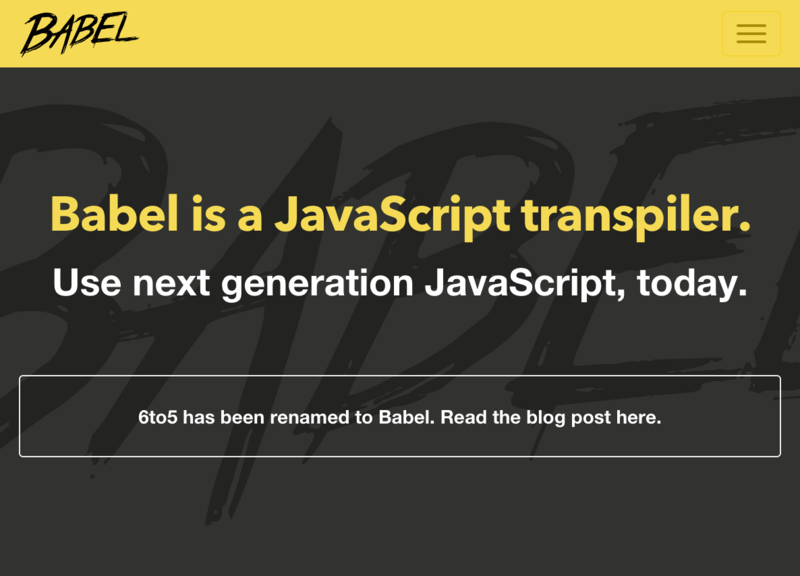
Note: this was originally published on our now-defunct blog in May 2015.
This article isn’t about Babel, the ECMAscript 6 transpiler (we’re excited about that, too).
It’s about this Babel, and it’s impact on global communities:

When we started our open source community seven months ago, almost everyone was from English-speaking countries. That’s changing:
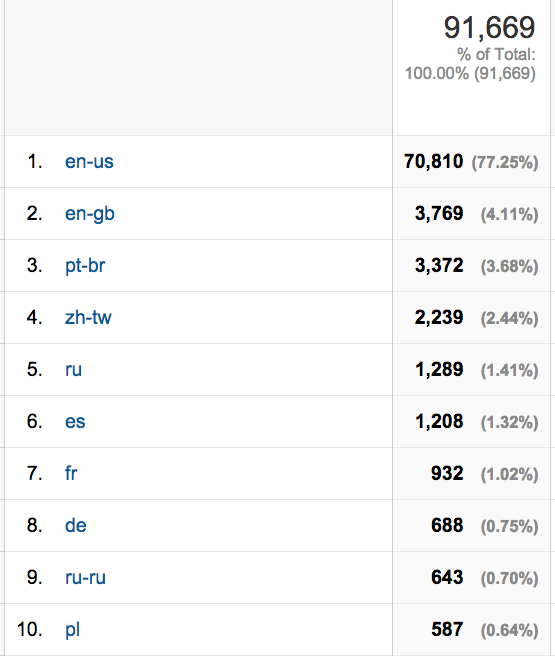
Even though non-native English speakers continue to stick with our curriculum, they are underrepresented in our Slack and Twitch.tv channels. This lead us to ponder whether we should keep Free Code Camp English-only, or open the flood gates to all the world’s languages.
Some arguments for staying English-only:
- English is the international language of business. It would be difficult to succeed as a software engineer without knowing at least some English.
- Everyone learns English in secondary school. Some countries even require English education in primary school.
- By forcing our campers to communicate in English, we’re giving them an opportunity to practice it and an incentive to improve it.
Some practical reasons why English-only isn’t optimal
- Most of our campers are 25+ years old, and English may not have been mandatory when they were in secondary school.
- Learning to code in a foreign language is a bit like learning archery while you’re also learning to ride a horse. Some things are better learned in serial than in parallel — such as English and coding.
- The biggest reason people quit learning to code is a lack of confidence. The biggest reason people quit learning a language is a lack of confidence. When you compound the stress of these two humbling endeavors, attrition rates skyrocket.
Learning to code while also learning English is a bit like learning archery while also learning to ride a horse: frustrating and unnecessarily difficult.
Our community prides itself on accessibility
- We’re self paced so that busy parents can pause when life gets in the way.
- We’re browser based so that our Campers working on $200 Chrome Books or public library computers can still get the full experience.
- We strive to be accessible to our deaf campers. Even our blind campers.
It’s time we tackle the biggest accessibility issue of all: language
It’s easy to pay lip service to language accessibility. Any community can drop in an internationalization package and have access to Google Translate. But that’s not enough. We care too much about our campers’ experience at Free Code Camp to leave them scratching their heads at computer translations.
So today, we’re announcing a global effort by volunteers from our community to translate our curriculum into several major world languages.
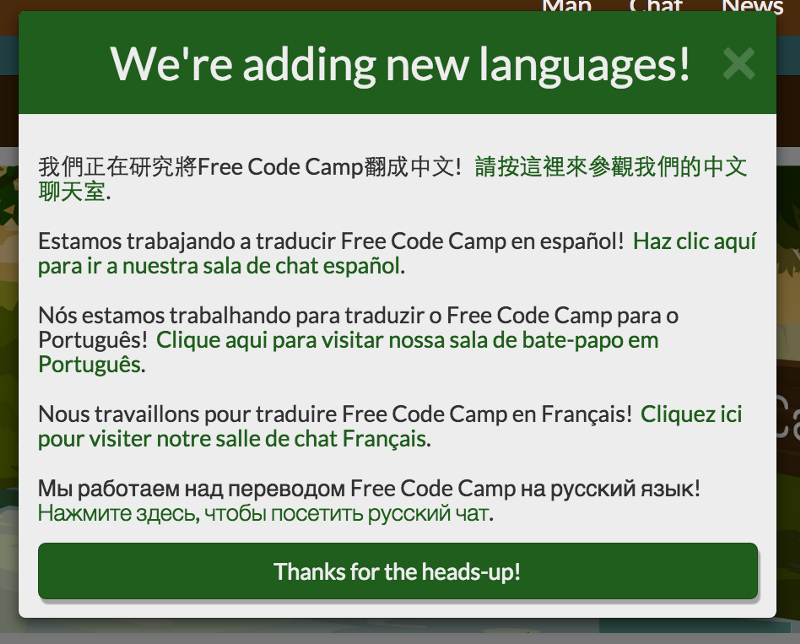
Our community of volunteers is hard at work translating our open-source curriculum into Chinese, Spanish, Portuguese, Russian and French. We’ve also created language-specific Slack channels.
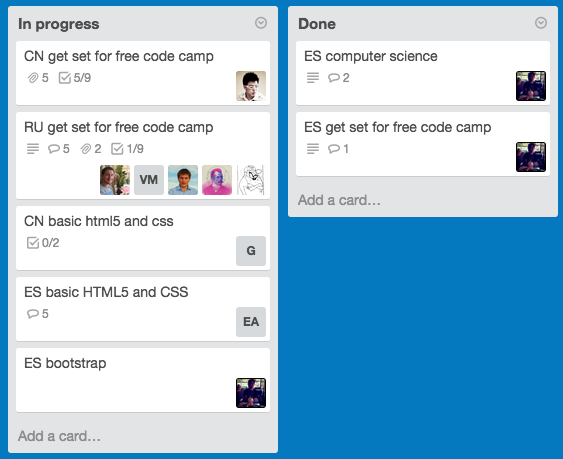
Our goal is to make it easier for campers to focus on learning to code, and to connect with others in the intimacy of their own native language.
How will transnational Nonprofit Projects work?
We’re happy to report that already, several of our Nonprofit Projects have had non-native English speaking participants. Even when a developer, project manager or nonprofit stakeholder learned English later in life, we’ve still been able to conduct meetings and pair programming sessions entirely in English.
And these projects will continue to be English-only.
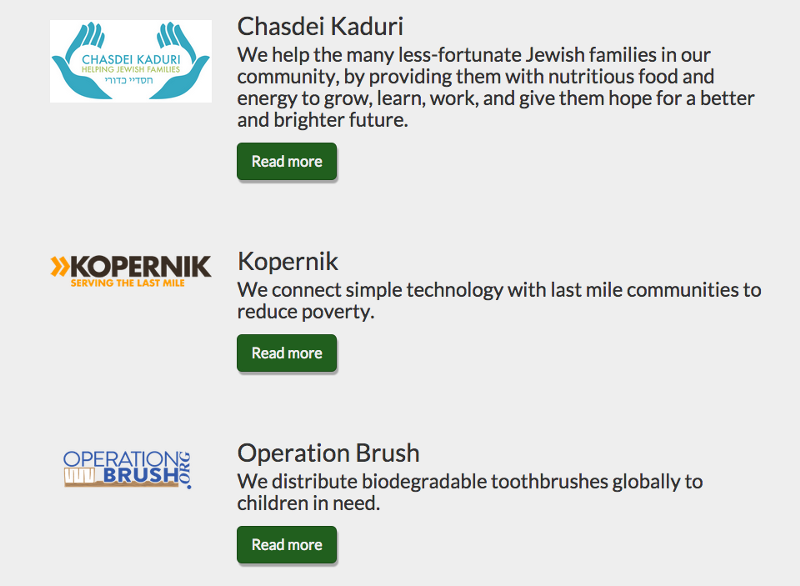
There’s no denying English’s importance. But it is a mistake to keep Free Code Camp as an English-only community. It’s so much more effective for campers to start learning to code in their own language, and then gradually venture out into our larger English-speaking community.
If you’re interested in helping us out with this massive translation undertaking, come learn to code with us.